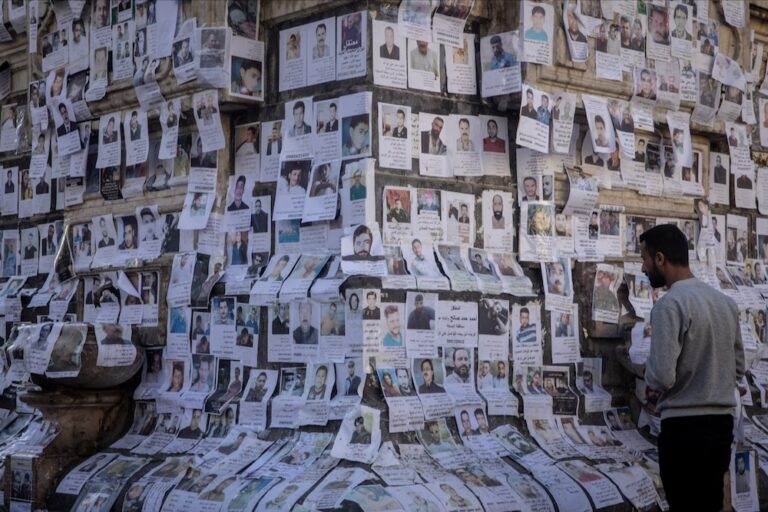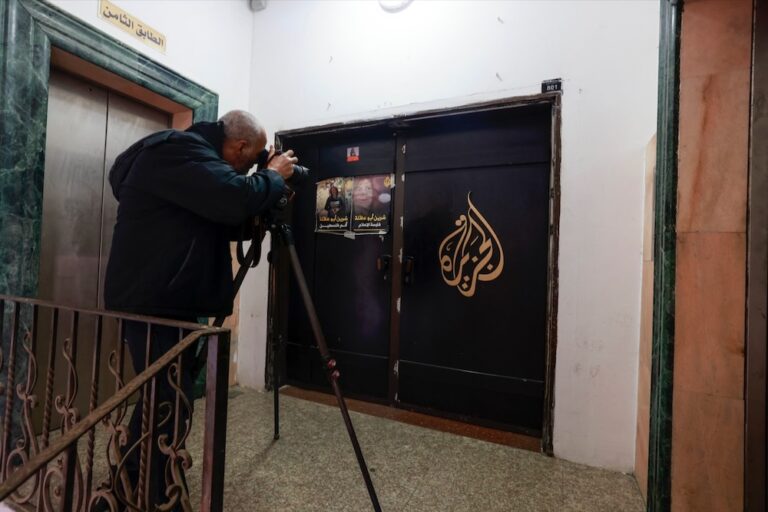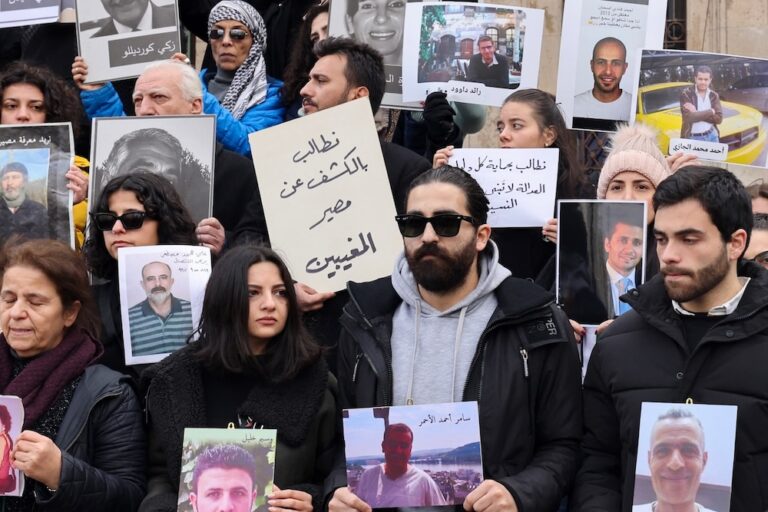This report presents a snapshot of the most problematic aspects of national cybercrime laws across the Gulf countries, Jordan, Syria, and Lebanon.
This statement was originally published on gc4hr.org on 26 June 2018.
During the week before the arrest and detention of the prominent human rights defender, Ahmed Mansoor, the United Arab Emirates (UAE) mandated the creation of the Federal Public Prosecution for Cybercrimes on 17 March 2017. A year later, on 25 March 2018, the Syrian government has mandated a specialised prosecution unit upon Presidential decree 9/2018. To establish specialised courts for cybercrimes in two countries in the region, targeting human rights defenders, is an alarming sign and a direct threat to digital rights and online freedoms of expression, thought, opinion and press.
Digital rights and freedoms have been severely compromised by national cybercrime legislation and prosecution, and now judicially. The general trend for prosecution was that digital rights and freedoms were penalised and ruled as “cybercrime” cases delegated to general courts. Verdicts in these cases have been either based on an existing penal code where cybercrime laws are absent, in the process of being drafted, or under the penal code and a cybercrime law.
Prior to the UAE and Syrian decisions, the region has witnessed an interest in creating national cybercrime legislation and specialised police departments. These departments are primarily concerned with monitoring, filtering and prosecuting netizens, human rights defenders, journalists and bloggers for exercising their online freedom of expression, thought, opinion and press. Some countries have not developed their cybercrime laws yet, but indeed prosecute the aforementioned targets through the efforts of police cybercrime departments. In these cases, individuals are charged for threatening national security, defamation of religion, etc.
The rhetoric and justification for criminalising online content critical of governments in national cybercrime laws appear to stem from the 2010 Arab Convention on Combating Cybercrime (ACCC). The ACCC reiterates some articles in the region’s earliest cybercrime legislations, namely those of the UAE and Saudi Arabia, which prosecute any cyberactivity deemed as a “threat to national security, unity and economy and religion.”
This report presents a snapshot of the most problematic aspects of national cybercrime laws across the Gulf countries, Jordan, Syria, and Lebanon. Unless otherwise cited, the report is based on GCHR research and cases of human rights defenders.
In addition to surveying articles of the law and cases of prosecution, this report borrows on two main indicators to highlight the correlation between repressive cybercrime laws and the targeting of civic cyberactivism and the violation of digital rights. These indicators are: the CIVICUS Monitor Rating and Freedom House’s Internet Freedom Scores. The CIVICUS Monitor, for which GCHR is the research partner in the Gulf region and neighbouring countries, classifies the status of civic space based on a government’s efforts to foster or close civic space. The Internet Freedom Score is more specific to the status of digital rights and access on a scale from 1 to 100 where 100 stands for “least free.”
With the insight of these two indicators, this report demonstrates that lack of online freedom and respect for digital rights is key to understanding and reporting on governments’ wider crackdown of civic space and activism. Indeed, governments across the region keep a close eye on those who are active in cyberspace, promoting digital rights and civic activism, to target them or use their activism to justify reprisals.



